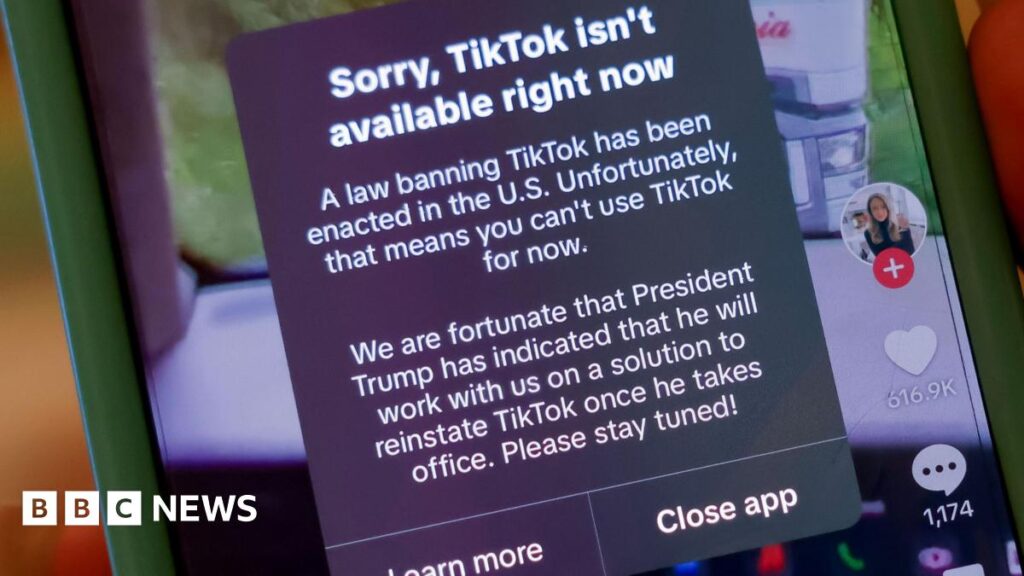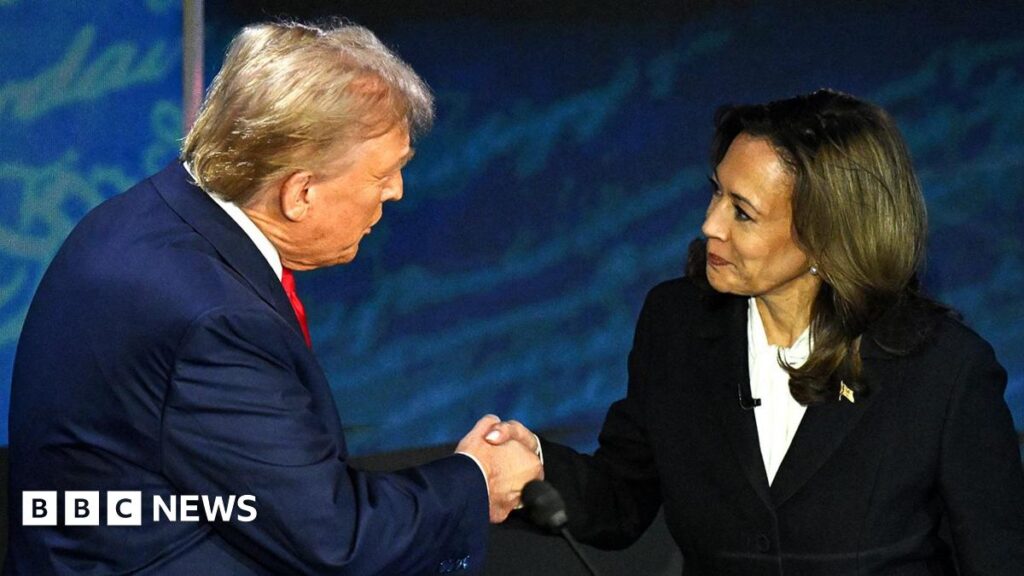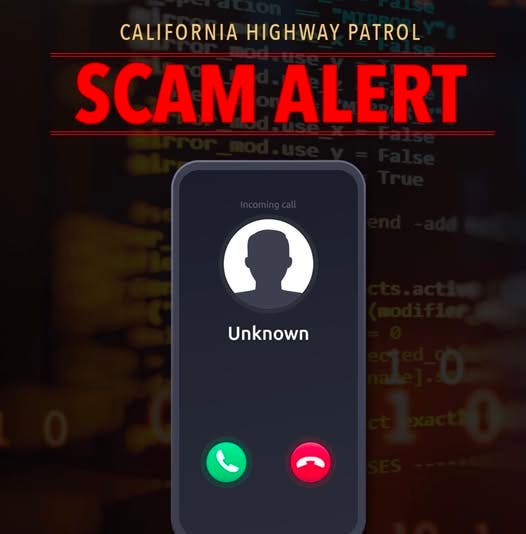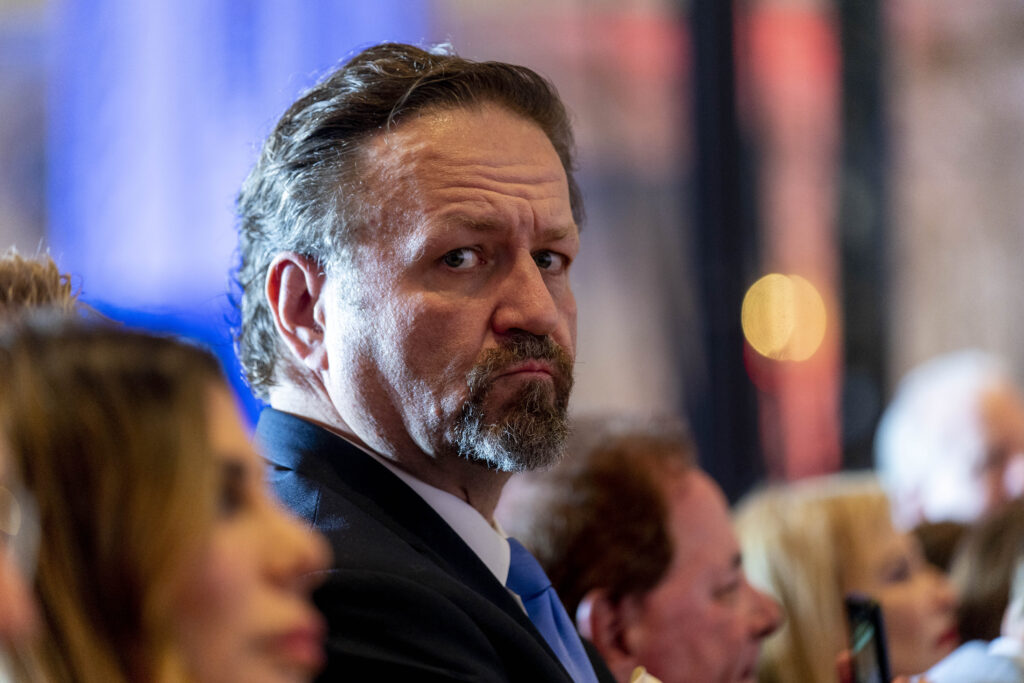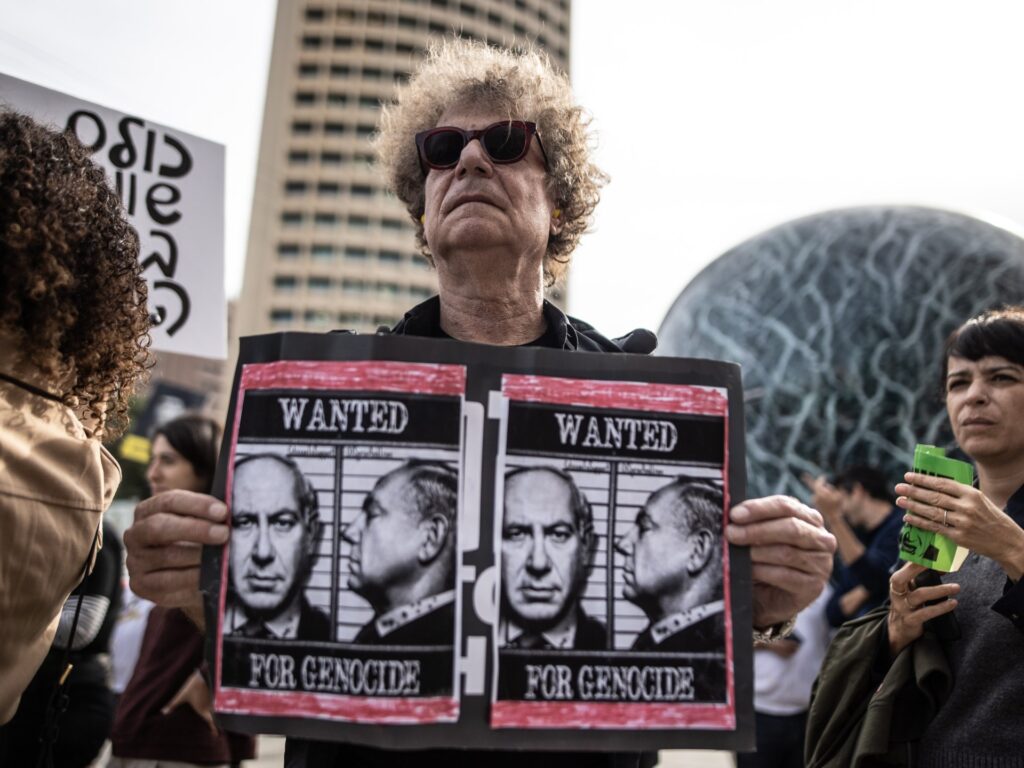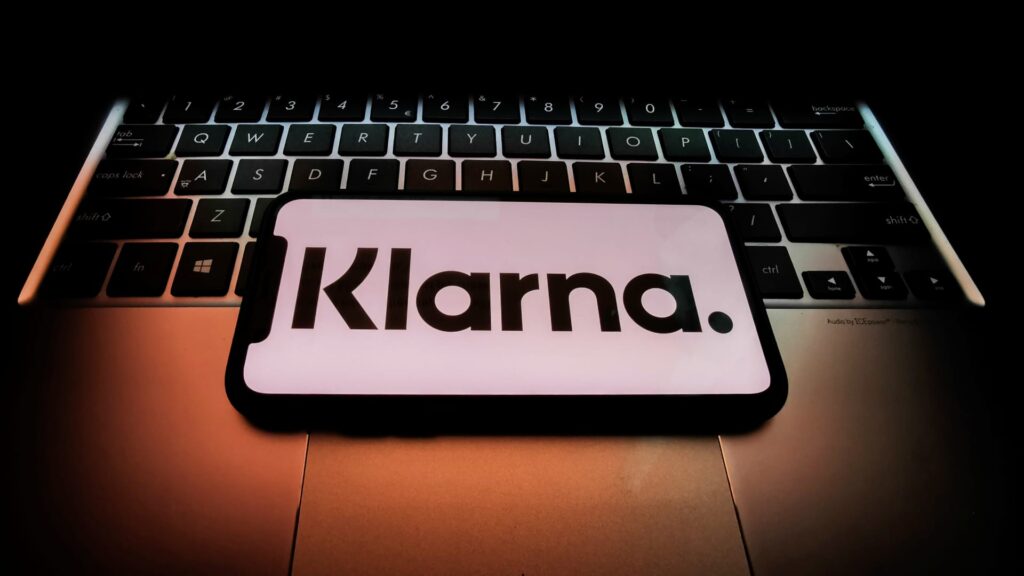]
The Supreme Court on Friday upheld the law, passed in April last year, banning the app in the US unless its China-based parent company, ByteDance, sold the platform by Sunday, which it has not done.
TikTok has argued that the law violates free speech protections for its 170 million users in the country.
After the ruling, TikTok’s chief executive, Shou Zi Chew, appealed to Trump, thanking him for his “commitment to work with us to find a solution.”
Mr Chew is expected to attend Trump’s inauguration on Monday.
In the hours leading up to the social media platform going offline, content creators had been posting videos to say goodbye to their followers.
Creator Nicole Bloomgarden told the BBC that not being on TikTok would result in a significant salary cut.
Another user, Erika Thompson, said educational content on the platform would be the “biggest loss” for the community.
TikTok users were met with a message earlier on Saturday that said the law would “force us to make our services temporarily unavailable. We’re working to restore our service in the U.S. as soon as possible.”
Meanwhile, a government minister told the BBC on Sunday that the UK had no plans to ban TikTok.
“We won’t be following the same path as the Americans unless or until… there is a threat that we are concerned about in the British interest, and then of course we will keep it under review,” Chief Secretary to the Treasury Darren Jones said.
The app was banned from the UK Parliament and government devices in 2023 over security concerns.
But Jones told Sunday with Laura Kuenssberg that “for consumers who want to post videos of their cats dancing, that doesn’t seem like a security threat to me”.
